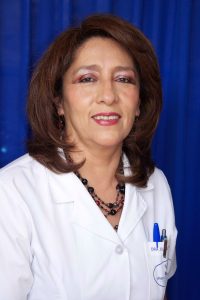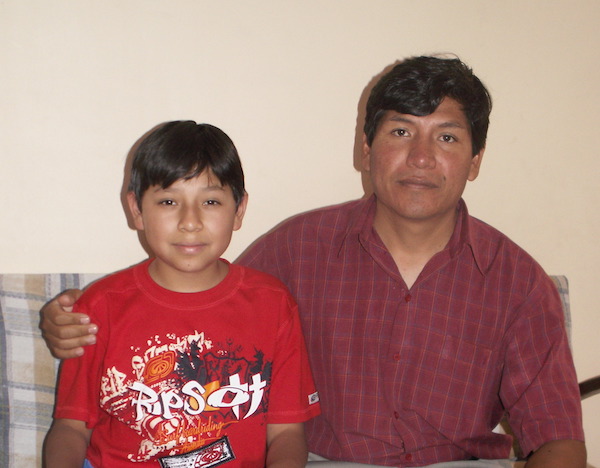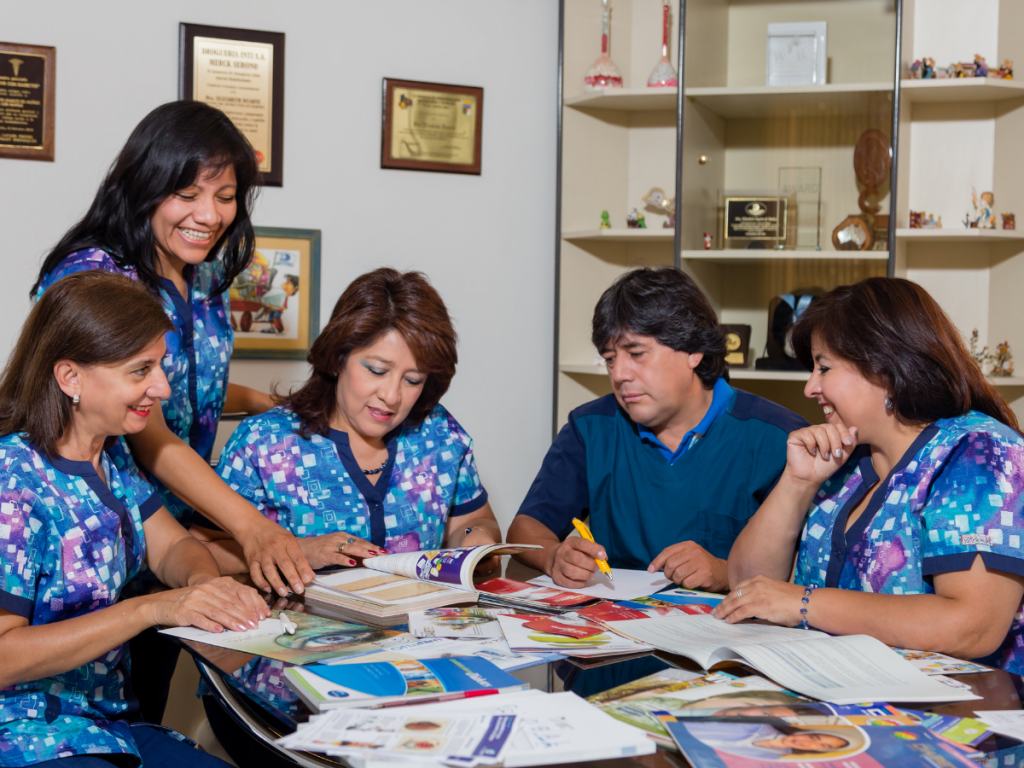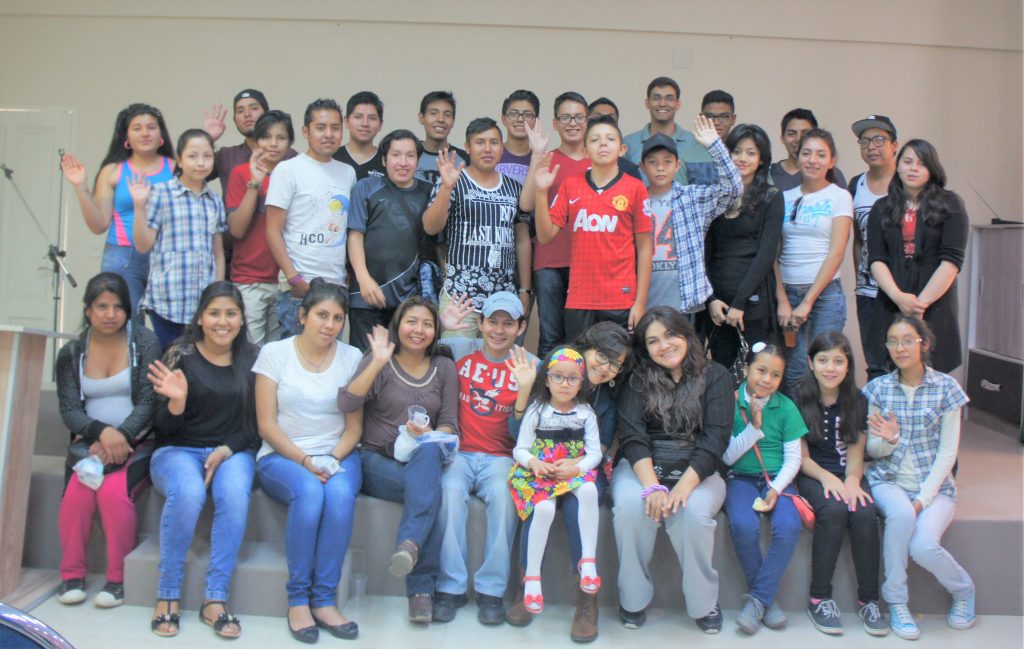
Dr. Duarte has been practicing medicine for over 30 years, specializing in endocrinology for the majority of that time. Encouraged by her father, she decided to study medicine from the time she was a young girl. Part of the reason Dr. Duarte decided to go into endocrinology was because of the lack of specialists in the area.
She explains — “I dedicated myself to diabetes because of the lack of attention to this pathology in Bolivia. The Head of Endocrinology Service during my residency in Spain truly had a passion for diabetes education and also influenced my decision.”
Diabetes in Bolivia
The diabetes landscape in Bolivia is severely lacking in resources and education. Dr. Duarte told Beyond Type 1 that “health in general is very poorly cared for in our country. The government does not have clear health policies … and there is no official healthcare for people with diabetes. There are no educational resources — everything that is done related to diabetes education comes from professionals interested in the subject, volunteers, and the people with diabetes themselves. Everyone affected by Type 1 diabetes works truly hard and sacrifices a lot.”
The difficulty for people with Type 1 diabetes in Bolivia begins before they are diagnosed, and continues throughout their journey.
Missed diagnoses are common as local doctors aren’t adequately trained on recognizing the symptoms. Once properly diagnosed, patients and their families must resort to a few specialized professionals. There has been some improvement in the area, as there are now pediatric endocrinologists in at least three cities of Bolivia that previously did not have the specialists.
Dr. Duarte explained that “if you have resources, you must purchase insulin, self-management supplies and everything you need from the local pharmacies. If you have insurance, in addition to medical care and in some cases nutritional care you only receive NPH Insulin and Regular insulin; no insurance provides glucose meters or test strips. Those patients without resources rely on help from Life for a Child.”
Saving lives
In 2003, Dr Duarte co-founded Centro Vivir con Diabetes, a non-profit with the mission to provide comprehensive, up-to-date, quality care and education to everyone with diabetes who requires it, whatever their social or economic situation.
Dr. Duarte told Beyond Type 1 how their partnership with Life For a Child has literally saved lives: “If it did not exist, many children who have diabetes would have just died. There are many parents who do not have the resources to sustain a chronic pathology that requires daily administration of insulin. Even if the children have access to insulin, most of them would not have access to a glucometer and test strips for daily testing. This program is life or death for many Bolivian children with Type 1.”

Brandon’s story
One such child facing the possibility of death was Brandon Miguel, who began showing the tell-tale symptoms of T1D when he was five years old. Brandon’s mom recalls “…my son was dying, [he] couldn’t walk… he didn’t eat, he did nothing. I had to carry him in my arms… he couldn’t move by himself.” Even after he was diagnosed, Brandon was put on a limited amount of insulin and was still not showing signs of improvement. That’s when Dr. Duarte and Life for a Child got involved.
Dr. Duarte remembers her first encounter with Brandon — “The most shocking thing at that time was to see that the lancets they used to test the blood from Brandon’s little fingers. They were old lancets that were so traumatic that cut instead of puncturing, the child was totally sore and did not let them continue testing. We provided very thin and more appropriate lancets, which in fact were a comfort for the child and a relief for his parents.”
Watch the rest of Brandon’s amazing story in this video.
Hope for the future
“I hope, with all my heart, that there will come a time when science will discover a total cure for diabetes and that when that moment comes, our children and youth with diabetes from all over the world can benefit from this cure without complications in their young organisms. That would be truly exciting.” – Dr. Elizabeth Duarte
This profile was originally published on Beyond Type 1

